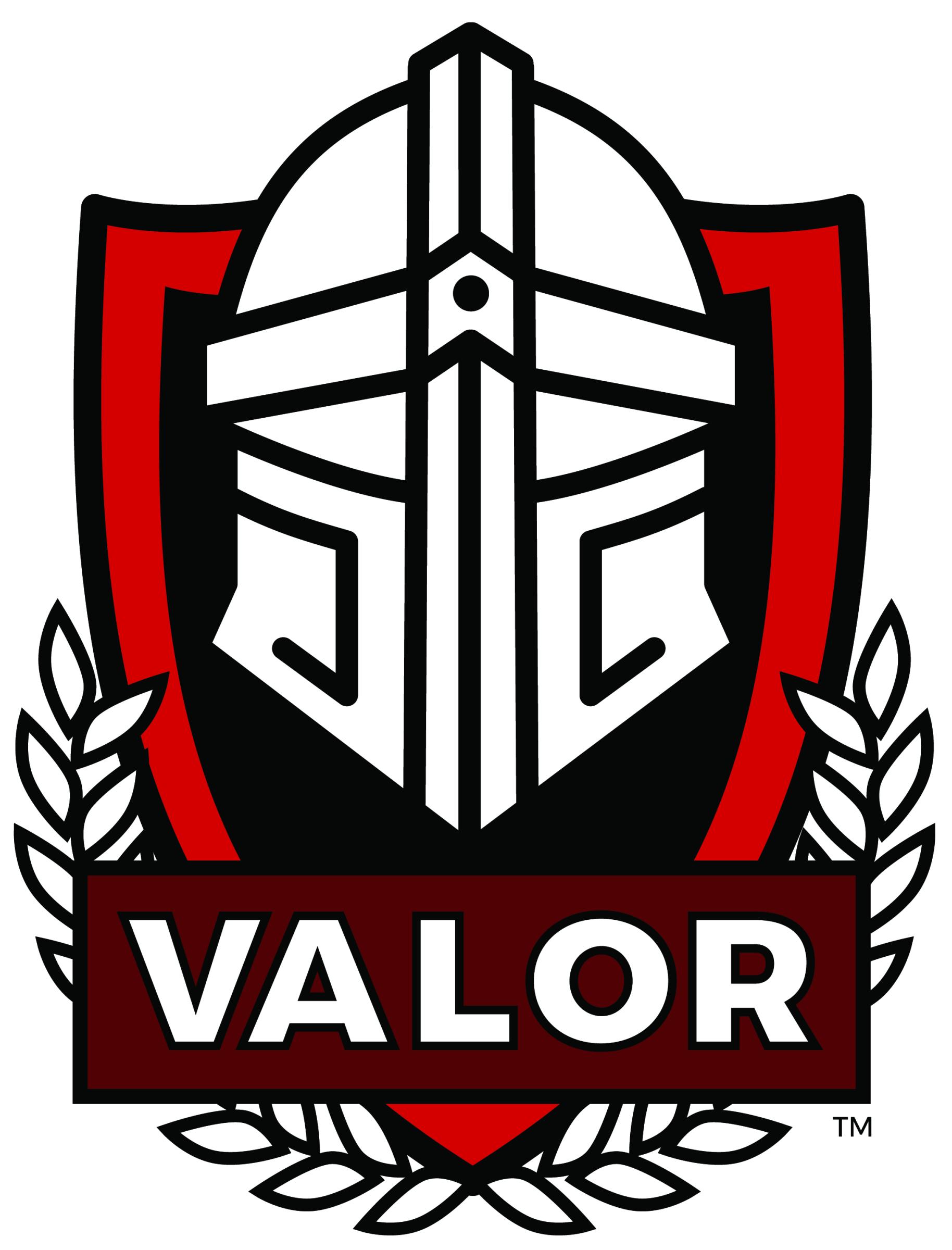
With the easy accessibility of explicit content on the internet, more and more teenagers are being exposed to pornography at a young age. As a parent, it can be challenging to determine whether your teenage son is just curious or if he may be developing an unhealthy dependency. Recognizing the signs of pornography addiction early is crucial for intervening and providing the help he needs. This article will outline key behaviors that may indicate your son is struggling and guide you toward finding help for porn addiction.
Increased Secrecy and Isolation
One of the first signs that your teenage son may be addicted to pornography is increased secrecy. If he starts spending long hours alone on electronic devices or becomes defensive when questioned about his online activities, it could be cause for concern. A teenager hiding their browsing history or being overly protective of their phone or computer is often a red flag. While some degree of privacy is normal for teenagers, excessive secrecy paired with isolation can signal that your son is trying to hide his behavior. Providing help for porn addiction early can prevent these habits from deepening.
Changes in Mood and Behavior
Pornography addiction can also lead to noticeable shifts in your son’s mood and behavior. You may observe heightened irritability, sudden mood swings, or a general disinterest in hobbies and activities he once enjoyed. This is because pornography consumption affects the brain, particularly the reward system, causing dependency similar to other addictions. When he’s not engaging in the behavior, he may feel anxious, restless, or depressed. These emotional changes, combined with withdrawal from friends and family, may be indicators that he needs help for porn addiction.
Academic or Social Decline
Addiction often leads to a decline in academic performance and social engagement. If your son begins skipping school assignments, failing to meet deadlines, or showing disinterest in his education, these may be signs that his attention is being consumed elsewhere. Pornography addiction can also impact relationships with friends, as your son may avoid social interactions in favor of spending time online. A noticeable drop in academic and social involvement is a strong signal that intervention is needed.
The Path to Recovery
If you suspect that your teenage son is addicted to pornography, it’s essential to approach the situation with care and understanding. Avoid reacting with anger or judgment, as this may cause him to withdraw further. Instead, create a safe and open environment where he feels comfortable discussing his struggles. Begin by having a calm conversation about the dangers of pornography and how it can affect his development, relationships, and mental health.
There are many resources available for families seeking help for porn addiction. Programs like the Valor Group at Family Strategies Counseling Center are designed to support young men in overcoming pornography addiction and establishing healthy habits. These programs combine therapy, education, and peer support to help teenagers understand their behavior and make positive changes. By addressing the issue head-on, you can guide your son toward a healthier future, free from the grip of addiction.
Conclusion
Recognizing the signs of pornography addiction in your teenage son can be difficult, but early intervention is key to preventing long-term consequences. If you notice increased secrecy, mood swings, or a decline in school or social life, these may be indications that your son is struggling with addiction. Remember, seeking help for porn addiction is not a sign of failure, but a step toward healing and growth. With the right support, your son can overcome this challenge and regain control of his life.
Family Strategies Counseling Center has actively serviced clients since 2000 in treatment for pornography addiction or sexually compulsive behavior. Our SABR program for adults and Valor Groups for young men can help you! Give us a call at (800) 614-8142 or visit our website for more information: Family Strategies Counseling Center.
